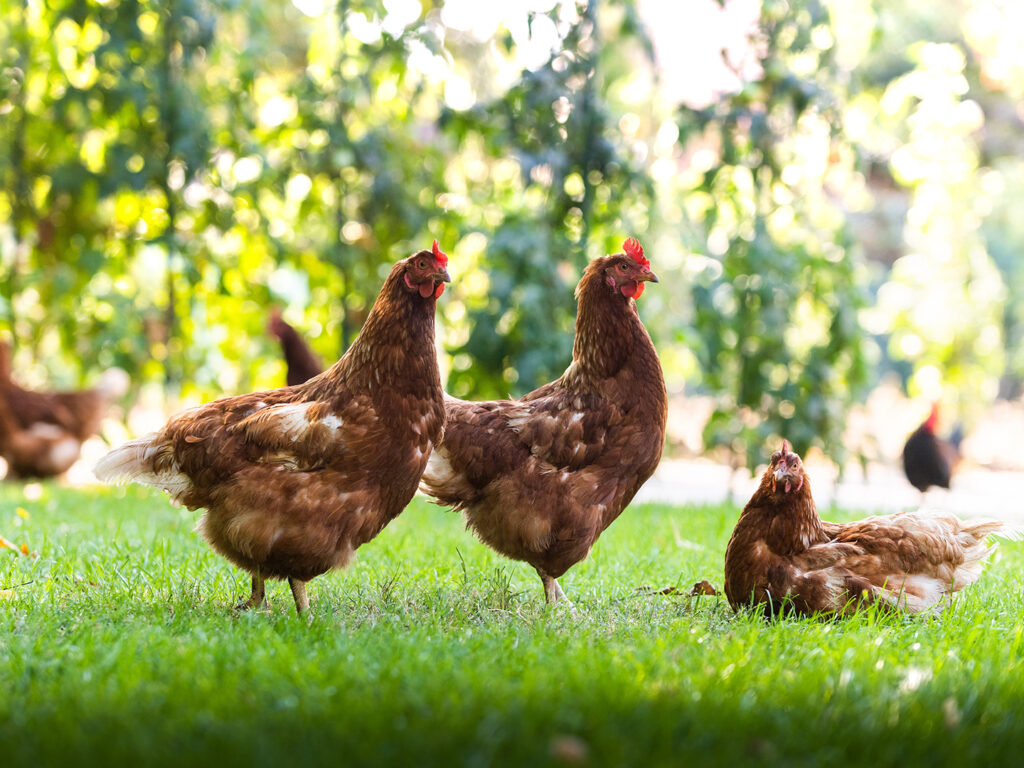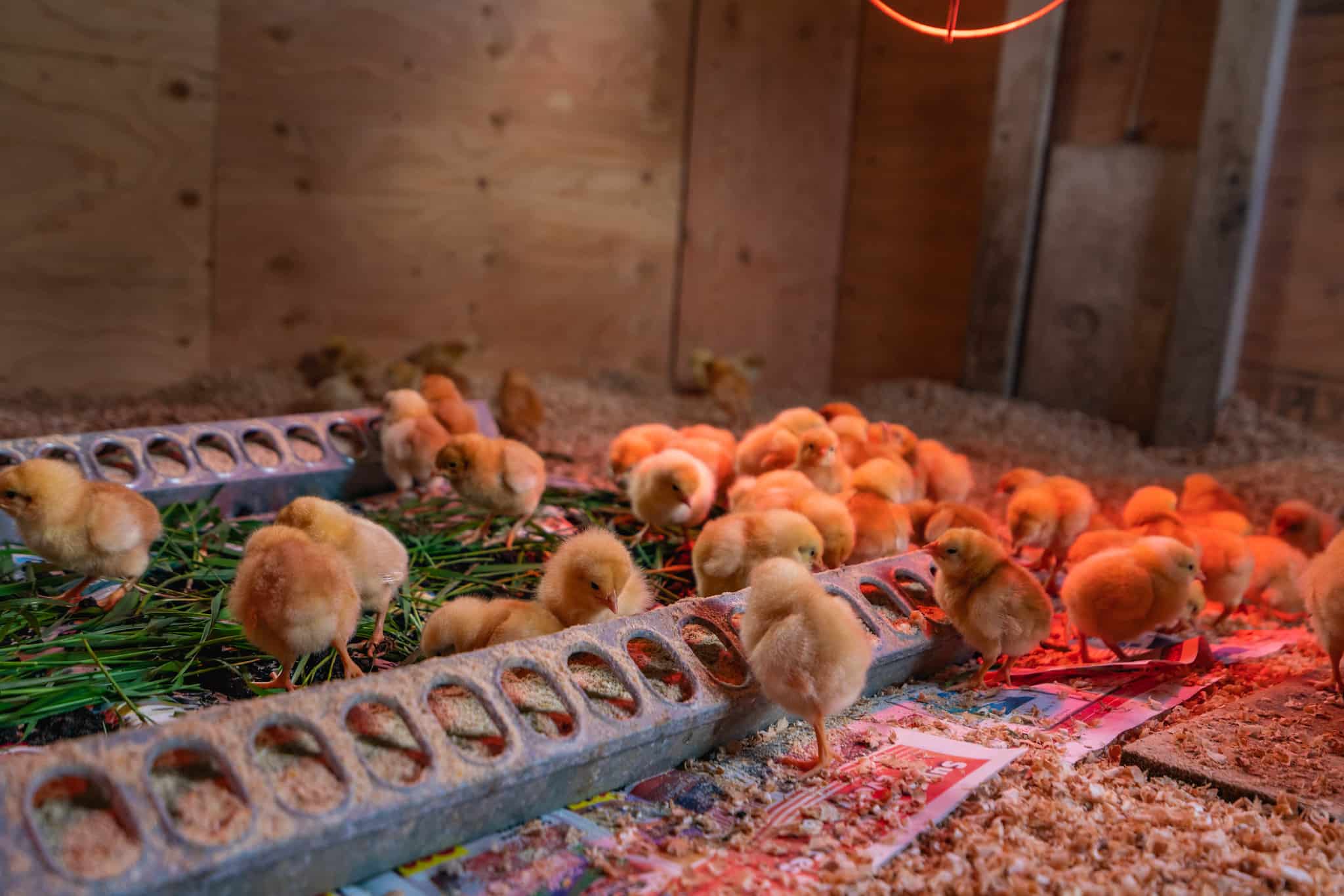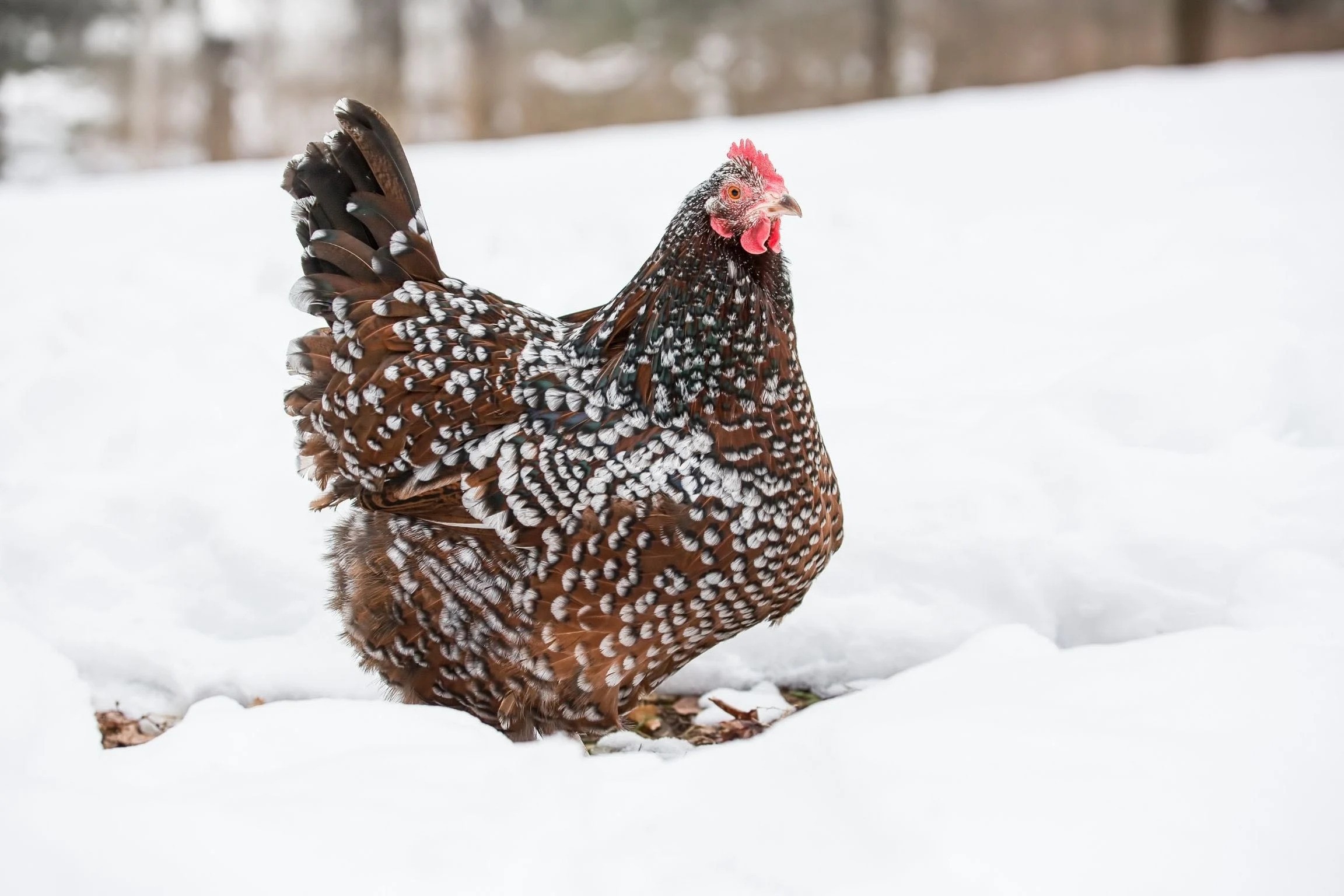Raising a backyard flock can be a rewarding experience, providing fresh eggs, pest control, and even companionship. Whether you’re a novice or an experienced poultry keeper, establishing and maintaining a healthy, productive flock requires planning, commitment, and knowledge. This guide will walk you through the essential steps to build and maintain a successful backyard flock.
Planning Your Backyard Flock
Choosing the Right Breed
Selecting the appropriate breed for your backyard flock is crucial. Consider factors such as climate, space, egg production, and temperament. Some popular breeds for backyard flocks include:
– Rhode Island Reds: Known for their hardiness and consistent egg production.
– Leghorns: Excellent layers of white eggs, but can be flighty.
– Orpingtons: Friendly and good layers, suitable for families with children.
Space and Housing Requirements
Chickens need adequate space to thrive. Crowded conditions can lead to stress, disease, and aggressive behavior. Plan for at least 2-3 square feet of indoor space per bird and 8-10 square feet of outdoor space. Essential components of a chicken coop include:
– Nesting Boxes: Provide one nesting box for every 3-4 hens.
– Perches: Chickens prefer to roost off the ground; provide sufficient perch space.
– Ventilation: Ensure proper airflow to reduce humidity and ammonia build-up.
– Security: Protect your flock from predators with sturdy fencing and secure latches.
Maintaining Your Backyard Flock

Nutrition and Feeding
Proper nutrition is vital for a healthy backyard flock. Chickens require a balanced diet to maintain egg production and overall health. Key components of a chicken’s diet include:
– Commercial Feed: Provides essential nutrients and is available in various formulations (starter, grower, layer).
– Grains and Scraps: Supplement their diet with grains, vegetables, and kitchen scraps.
– Grit and Oyster Shell: Aid in digestion and provide necessary calcium for strong eggshells.
Health and Wellness
Keeping your flock healthy involves regular monitoring and preventive care. Some common health practices include:
– Vaccinations: Protect your chickens from common diseases such as Marek’s disease and Newcastle disease.
– Parasite Control: Regularly check for external parasites like mites and lice, and treat as needed.
– Clean Environment: Maintain a clean coop to prevent the spread of disease. Remove droppings regularly and provide fresh bedding.
Breeding and Raising Chicks

Incubation and Hatching
If you plan to breed your chickens, you’ll need to understand the basics of incubation and hatching. You can use a broody hen or an incubator. Key points to consider include:
– Temperature and Humidity: Maintain an incubator temperature of 99.5°F and appropriate humidity levels.
– Turning Eggs: If using an incubator, turn the eggs several times a day to ensure even development.
Raising Chicks
Once the chicks hatch, they require specific care to ensure healthy growth. Important aspects of chick care include:
– Brooder Setup: Provide a warm, draft-free brooder with a heat source, such as a heat lamp.
– Starter Feed: Feed chicks a high-protein starter feed until they are about 6 weeks old.
– Clean Water: Ensure chicks have access to clean, fresh water at all times.
Integrating New Chickens
Quarantine and Introduction
Introducing new chickens to your existing backyard flock requires careful planning to prevent disease and aggression. Steps to integrate new birds include:
– Quarantine: Keep new chickens separate for at least 30 days to monitor for signs of illness.
– Gradual Introduction: Allow the new and old chickens to see each other through a fence before mingling.
– Supervised Mixing: Gradually introduce the new birds under supervision to monitor interactions and prevent bullying.
Social Hierarchy
Chickens establish a pecking order, which can lead to temporary aggression when new birds are introduced. Be patient and monitor the flock to ensure the integration process goes smoothly. Provide multiple feeders and waterers to reduce competition.
Seasonal Care and Considerations

Winter Care
Winter poses unique challenges for backyard flocks. To keep your chickens healthy and productive during cold months, consider the following:
– Insulation: Ensure the coop is well-insulated to protect against cold drafts.
– Heat Source: Use a safe heat source if necessary, but avoid overheating the coop.
– Water: Prevent water from freezing by using heated waterers or changing water frequently.
Summer Care
Hot weather can also stress your backyard flock. Keep your chickens cool and comfortable with these tips:
– Shade: Provide plenty of shaded areas in the run and coop.
– Ventilation: Ensure adequate airflow to prevent overheating.
– Hydration: Keep waterers filled with cool, clean water and add electrolytes if needed.
The Rewards of a Backyard Flock
Raising a backyard flock offers numerous benefits beyond fresh eggs. Chickens can help with pest control, provide natural fertilizer for your garden, and offer delightful companionship. By following best practices for planning, maintaining, and expanding your flock, you can enjoy a thriving backyard flock that enriches your life in many ways.
With careful attention to breed selection, space requirements, nutrition, health care, and seasonal needs, you can successfully manage a backyard flock. Remember, the key to a thriving flock is ongoing education and dedication to providing the best possible care for your chickens.

